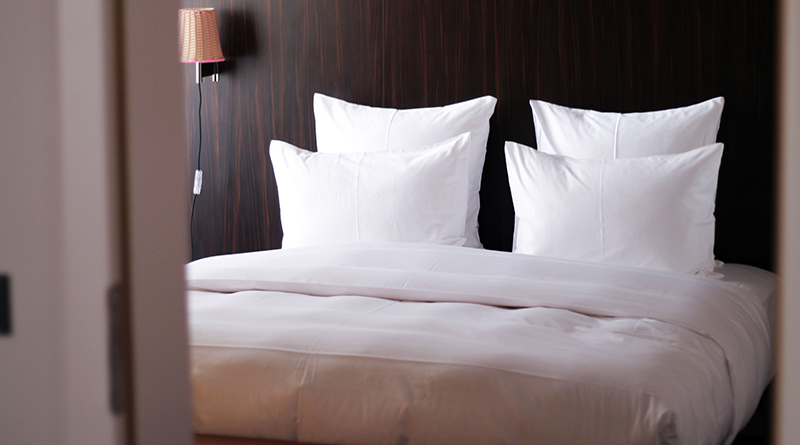The UK hotel sector saw a slowdown in demand during August, in line with seasonal trends, but the drop in room rates last month was more acute due to the record rates in July, according to the RSM Hotels Tracker.
The data, which is compiled and produced by Hotstats and analysed by RSM UK, shows average daily rates (ADR) of occupied rooms decreased from £165.57 (July) to £145.44 (August) in the UK and fell even more significantly in London from £256.58 to £208.76. These rates have dropped to the same level seen in April/May this year.
Occupancy declined from 83% (July) to 79.6% (August) in the UK, and from 85.8% to 80.7% in the London market. Revenue per available room (RevPAR) was also down from £137.44 (July) to £115.83 (August) in the UK and from £220.14 to £168.52 in London.
Total utility costs (per available room) continued on a downward trend from £7.92 (July) to £7.66 (August) in the UK and from £9.34 to £8.89 in London. Despite the easing of energy costs last month, gross operating profits of UK hotels fell from 42.4% to 35.9% in August and nearly ten percentage points to 38.7% in London.
Chris Tate, head of hotels and accommodation at RSM UK, said: ‘August is typically the weakest of the summer months in the hotel sector, as business travel tails off and people go on holiday overseas, so it’s no surprise to see a fall in occupancy and room rates last month. But the drop in room rates was more acute, due to record prices that hotels were able to charge in July. This reduction also hit the bottom line, despite a decrease in energy bills. Interestingly, room rates in August are higher than pre-pandemic levels, but gross operating profits are lagging behind, suggesting rising costs continue to hit the sector.
‘The Bank of England’s recent decision to freeze interest rates, combined with an improvement in consumer confidence and the easing of inflation, should provide some relief to consumer spending. But many households have remortgaging on the horizon, which in turn, could impact demand for holidays and hotels. As a result, the Autumn/Winter trading period could be a challenge for some hoteliers.’
Thomas Pugh, economist at RSM UK, added: ‘The slowdown in the hotel sector in August is in line with a seemingly broader slowdown across the economy over the last month. Evidence that the economy has taken a turn was a key reason that the Bank of England decided to keep interest rates on hold at its last meeting.
‘However, there are reasons to be hopeful about the outlook for consumer spending. Real wages are now rising and should increase sharply over the next year as inflation drops more steeply than wage growth. That should support consumer spending power over the next year.
‘The problem is that with consumer confidence still in the doldrums and savings in real terms back to their pre-pandemic level, many consumers will choose to save any additional income rather than spend. What’s more, for a large portion of households, any increase in income will just be eaten up by higher mortgage and rent costs, reducing their disposable income. As a result, we aren’t expecting the increase in real wages to lead to a boom in consumer spending.’


